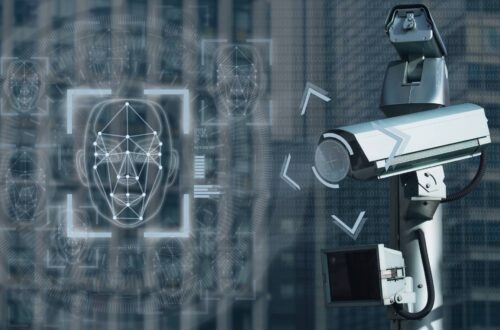

Is facial recognition technology intrusive on our privacy? Facial recognition technology has sparked significant debate regarding its impact on privacy. Its intrusiveness largely depends on how it is implemented, regulated, and used in various contexts. Here are some reasons why facial recognition technology can be considered intrusive on our privacy:
Surveillance Concerns:
Facial recognition can be used for extensive surveillance, allowing authorities, companies, or even individuals to track and monitor people’s movements without their knowledge or consent. This can lead to a chilling effect on free expression and can be seen as an invasion of personal space.
Consent and Control:
In many cases, individuals are not aware that their faces are being captured and analyzed, leading to a lack of informed consent. This lack of control over their personal information raises concerns about autonomy and self-determination.
Misuse and Abuse:
If not properly regulated, facial recognition technology can be misused for purposes such as mass surveillance, racial profiling, and social control. There have been instances where this technology has been used to target specific groups or suppress dissent.
Biometric Data Collection:
Facial recognition involves collecting biometric data, which is sensitive and unique to individuals. If this data is mishandled, stolen, or misused, it can have severe consequences for personal privacy and security.
Inaccuracies and Bias:
Facial recognition systems have been shown to have inaccuracies, particularly when dealing with people of different ages, genders, or ethnicities. This can lead to innocent individuals being misidentified, potentially causing harm or harassment.
Perpetual Tracking:
Once your facial data is captured and stored in databases, it can be used to track you across various locations and situations, creating a comprehensive digital record of your activities and routines.
Function Creep:
Facial recognition systems initially introduced for one purpose (like security) can potentially be expanded to other uses without proper oversight, increasing the risk of intrusive surveillance.
Lack of Control:
Unlike a password or ID card, you can’t easily change your face if your facial data is compromised. This lack of control over your biometric information raises concerns about the permanence of privacy violations.
However, it’s important to note that facial recognition technology is not inherently intrusive, and there are arguments in favor of its responsible and limited use, such as enhancing security at airports or enabling convenient user authentication on personal devices. Striking a balance between innovation, security, and privacy requires careful consideration, strong regulation, and ethical considerations to ensure that individuals’ rights are respected.






